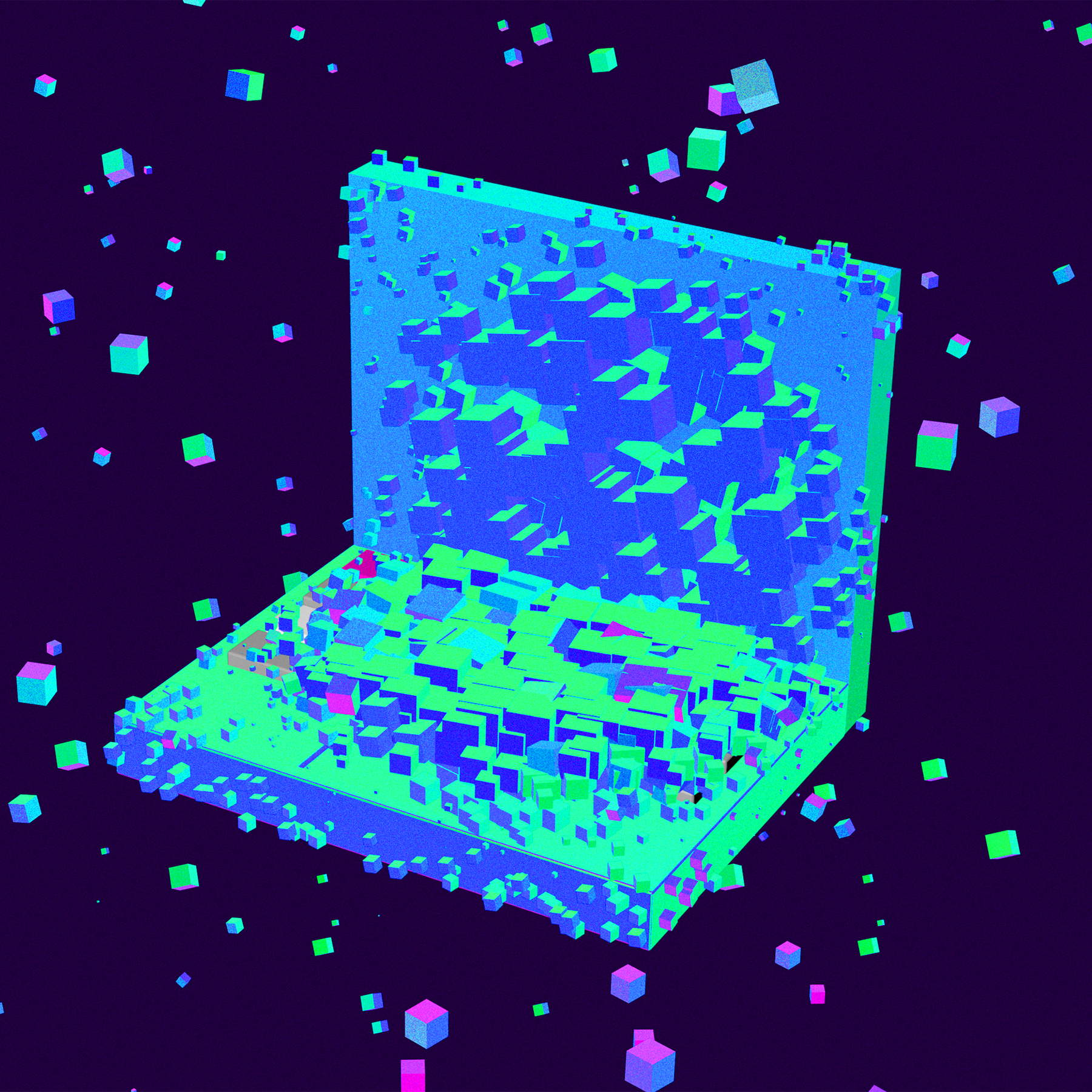Just how excited should we be about LaKe, the substance discovered by researchers at Denmark’s Aarhus University?
Can a pill really mimic all the beneficial effects of exercise? You’d think so from some of the stories about substances that “could make going to the gym unnecessary”. There was another rash of these a few weeks ago, when researchers from Aarhus University in Denmark announced that a drug called LaKe “brings the body into a metabolic state corresponding to running 10km at high speed on an empty stomach”. But what’s going on here? Even if a pill can replicate parts of what exercise does for us, how useful is that, really?
First things first: the most commonly accepted term for drugs like LaKe is “mimetics”, because what they do, as a rule, is mimic the biological effects of working out without the need to actually break a sweat. The idea has been around for a while: in 2008, San Diego’s Salk Institute introduced the world to a drug called GW501516 (516 for short), which signals key genes to burn fat instead of sugar, helping rodent test subjects run for longer without hitting the proverbial wall.
Continue reading… Just how excited should we be about LaKe, the substance discovered by researchers at Denmark’s Aarhus University?Can a pill really mimic all the beneficial effects of exercise? You’d think so from some of the stories about substances that “could make going to the gym unnecessary”. There was another rash of these a few weeks ago, when researchers from Aarhus University in Denmark announced that a drug called LaKe “brings the body into a metabolic state corresponding to running 10km at high speed on an empty stomach”. But what’s going on here? Even if a pill can replicate parts of what exercise does for us, how useful is that, really?First things first: the most commonly accepted term for drugs like LaKe is “mimetics”, because what they do, as a rule, is mimic the biological effects of working out without the need to actually break a sweat. The idea has been around for a while: in 2008, San Diego’s Salk Institute introduced the world to a drug called GW501516 (516 for short), which signals key genes to burn fat instead of sugar, helping rodent test subjects run for longer without hitting the proverbial wall. Continue reading… Fitness, Health & wellbeing, Science, Health, Life and style, Medical research






